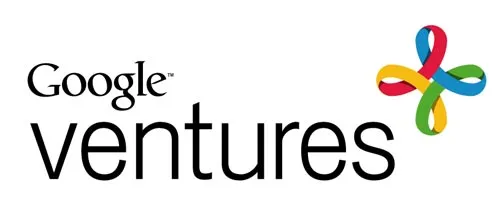Google: Mission Total World Domination (Part 3 – Google Ventures)

In part 1, we looked at Google’s initiatives to dominate the online space with their suite of products that serves individuals, small businesses and large enterprises. In part 2 yesterday, we reviewed how they are looking beyond online to grow inorganically with a large number of acquisitions. They have in fact spent more than their top five rivals put together over the past two years!

Today in this third and last piece in the series, we look at their investment arm called ‘Google Ventures’. It was founded on March 31, 2009, with a $100 million fund commitment from the parent organization. Google is the sole limited partner in the fund’s operations. Their stated focus areas have been Consumer, Mobile, Commerce, Enterprise & Data and Life Science & Health. Further, they go on to state that their focus is to fund companies across the growth spectrum – seed, venture and growth, as an independent investment firm rather than only for strategic alignment with Google.
Current state of the GV investments
In the intervening five years, they have made extensive progress. They have $1.2 billion under management, across nearly 230 startups in diverse sectors. In 2013 alone, they made 75 new investments and had nine exits. The growth of the fund has also resulted in a new fund of $300 million being raised for further investments from Google, indicating a deep pipeline of planned investments going forward.
Some notable investments include Uber (the car rental service), Nest (home security and automation), Pocket (content shifting service) and HubSpot (marketing solutions). A review of a large cross section of the investments shows that over 60% of the investments might not have a direct correlation to Google’s core products and solutions.
How is Google Ventures different from other VCs?
Google Ventures (GV) positions itself as providing not just the traditional VC inputs such as funds, connections and support, but also a ‘sampler’ access to Google’s product development and marketing muscle.
- Partners in GV focused full-time on design, recruiting, marketing, product management and engineering
- Workshops for employees of portfolio companies on various functional topics
- Access to community of current and past portfolio companies and their teams
- Access to Google engineers, scientists and technology when required
In essence, they have put together a comprehensive platform for entrepreneurs to help scale the company. Most VCs have woken up to the ‘platform’ angle of investments with many even creating co-working spaces for portfolio companies to bring in learning synergies, but GV has formalized it.
Problems with the GV model
Although Google Ventures model of having just one limited partner but operating independently as a VC firm has many things going for it, there can be some awkward scenarios. Google’s recent acquisition of Nest is a case in point. Google Ventures invested in Nest in 2011 and had been in talks for a complete acquisition by Google over the past few months. When the talks did get serious enough, there were conflicts of interest. Bill Maris, a partner at GV was on the board of Nest; Randy Komisar, a partner at VC firm KPCB was on the board of both Google and Nest. As an investor in Nest, one would want to maximize returns for GV, but on the other hand, as a stakeholder at Google, one would want the best price possible for the acquisition. See the conflict? The said board members recused themselves from negotiations in view of the conflict, but is it really possible to be objective? Who gets short-changed in such a scenario – the Google shareholders or the acquired company’s founding team?
In summary, Google Ventures is investing in companies that have taken up large scale problems or have a long gestation period. They have the wherewithal and the commitment to go after these problems. But more importantly, having an investment in these path-breaking companies is like having an option in the future – Google gets first right to access these technologies if they succeed. This is a relatively low-cost way of looking into the future.







